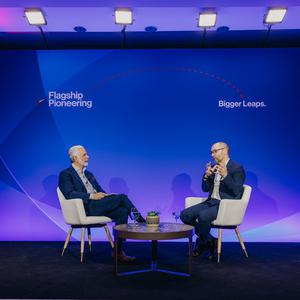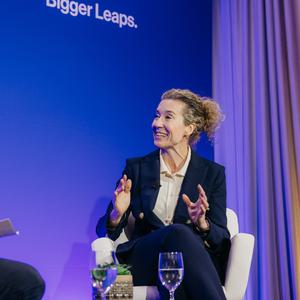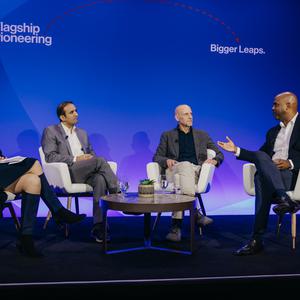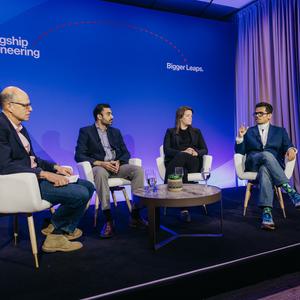Nearly forty years after the first biotechnology companies began applying primitive genetic engineering techniques to bacteria and producing human proteins as therapeutics, the power of modern biotechnology is now on full display, deployed to defeat a global pandemic and change the future of medicine. Once defined by endless experimentation and expensive, lengthy and low probability-of-success drug development processes, biotechnology is now at the leading edge of technological progress, fusing rapidly advancing molecular science with a more deterministic path to products and impact.
Even the meaning of biotechnology, like the field itself, has expanded dramatically. In the beginning, “bio” meant DNA, enzymes used to construct plasmids, and diseases caused by deficiencies in human protein levels such as insulin and human growth hormone. “Technology” involved fermentation, purification, bioassays and little more. Today “bio” is about genomes and proteomes, regulatory processes, networks, and pathways. It explores cell states, structures, and communication; it allows disease characterization, reveals new targets, and so much more. “Technology” now encompasses synthesis, editing, modeling, design, engineering, systems integration, programming, automation, miniaturization, big data and computing.
We've come a long way. Beyond small molecule drugs and protein antibodies, we now use viruses, living cells, bacteria and many other engineered biological systems to treat or cure human diseases. We have learned about the human genome and its variations, and about DNA sequences from hundreds of bacterial species that occupy our gut affecting health and disease. We have learned to read, edit, write and regulate genomes in ways unimagined just five years ago.







